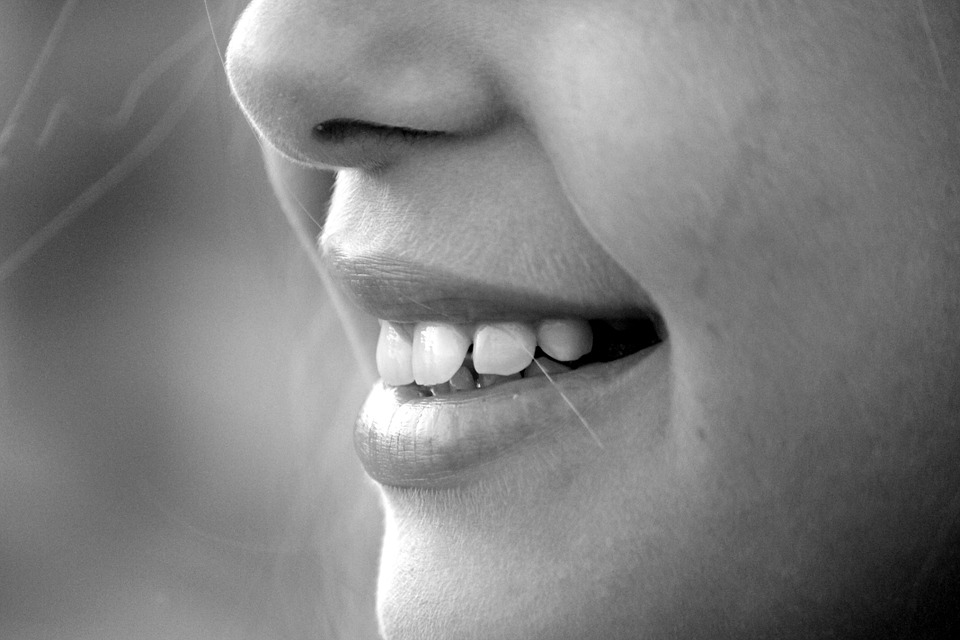Plant-Based Diets and Dental Health
A 2020 review published in the journal Community Dentistry and Oral Epidemiology (Smits, et al) found that plant-based eaters could be more prone to oral health problems than others. In particular, they could have a twofold greater risk of dental erosion. Although researchers stated that their large-scale review had limited findings and was based on studies of mainly lower quality, they concluded that it was sensible to recommend raising awareness of this link among both dental professionals and the public. This is because there are easy steps that can be taken to help reduce the chance of cavities.
Possible Reasons for a Higher Risk of Dental Caries in Plant-Based Eaters
There are a few reasons why following a plant-based diet can up the risk of cavities. For one, vegetarians and vegans usually consume more fruits and vegetables than omnivores, and acidic foods can lower the pH level in the oral cavity. Acidic foods can damage the tooth enamel and weaken the gum line, exposing the inner layers of teeth. Meanwhile, vegans who consume many starchy foods (such as pasta, bread, and chips) can harm both their teeth and gums, as starchy foods ‘feed’ bacteria that can cause cavity-causing plaque. This biofilm can also settle along the gumline, causing bleeding gums and gingivitis or (in severe cases) periodontitis. Some researchers (Shah et al, 2014) postulate that people maintaining plant-based diets consume too few essential amino acids for keeping oral structures healthy.
Reducing the Risk of Oral Health Issues
Vegans can help protect their oral health in many important ways. Firstly, consuming a wide array of healthy foods is key (including fiber-rich vegetables). They can also keep their intake of acidic and sugary foods to a minimum, and brush their teeth around half an hour to an hour after mealtime (to prevent enamel erosion). Because brushing and flossing are key, vegans can reduce their risk by snacking less, planning their mealtimes, and bringing prepared snacks and meals to work or school to avoid the temptation of buying starchy snacks to combat hunger. Finally, they should invest in a good-quality toothbrush and toothpaste, ensuring that they brush and floss at least twice a day.
Vegans may be at a higher risk of dental health issues. A large-scale review has concluded that both dental professionals and members of the general public can help inform of and lower this risk. Vegans can keep their oral health optimal by following a well-balanced diet (avoiding excess starch) and by maintaining good oral hygiene.




